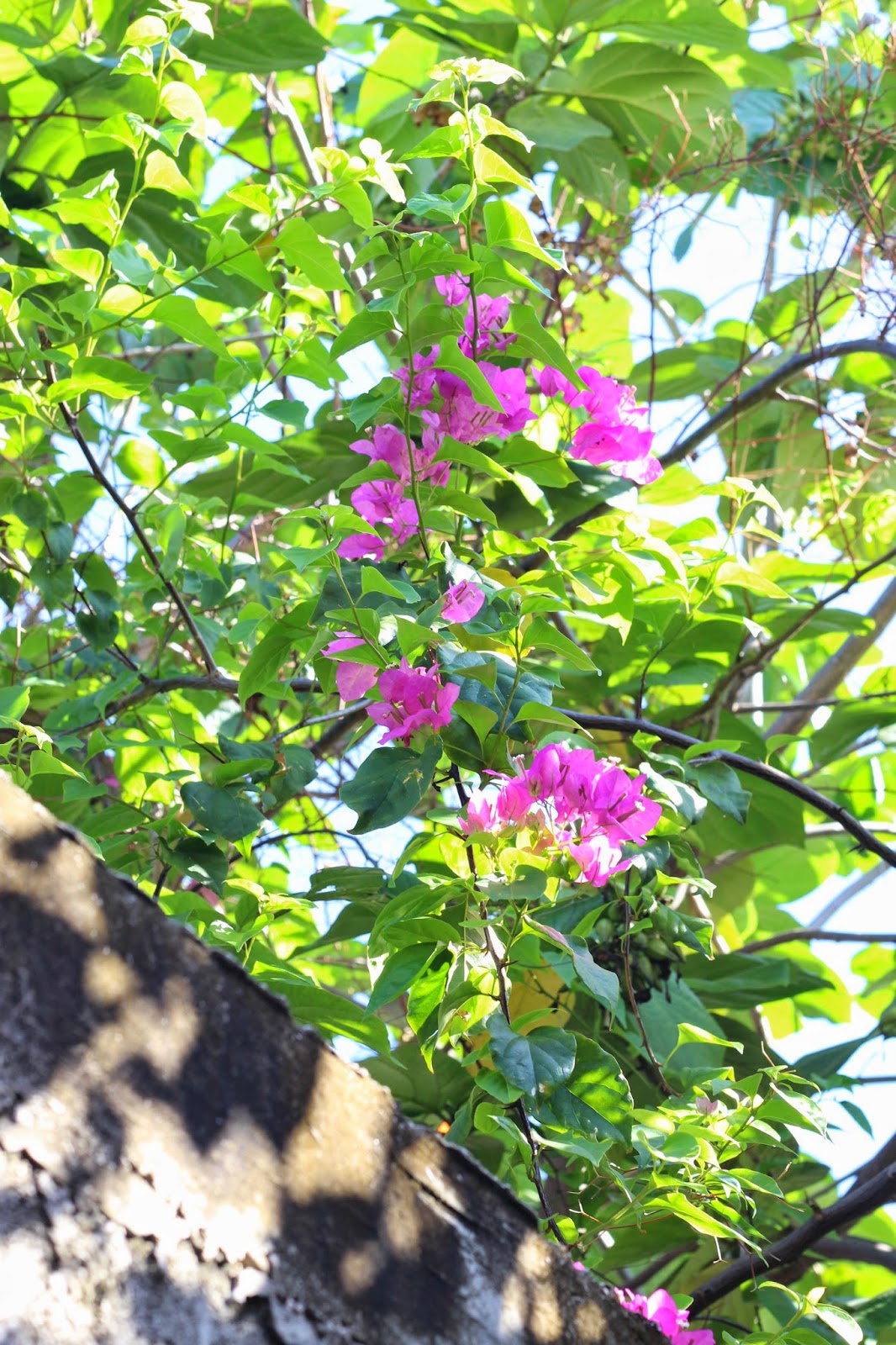Katharine has brought to my attention that Stories to Tell is a blog we share. In its roughly twelve (12) months of existence, corresponding roughly to the time we’ve been in Haiti, I have published approximately one (1) post. I hope to see this change.
John Le Carré penned a thriller-turned-film about a hum-drum British diplomat pulled into an international conspiracy. As with all Le Carré protagonists, this one happens to have an exotic pastime: he gardens. Just as he often roots out the weeds that would kill his tender plants, the central metaphor for the novel (or at least the film; I’ve not read the book) is how he methodically tends to the crises that have overtaken his life. Hence the title, the Constant Gardener.
This also feels like an apt analogy to life here, though I don’t mean the getting-to-the-bottom-of-international-conspiracies part. I mean the weeding part.
I have no green thumb. I confess to have killed, inadvertently, many plants. But I have always excelled at one activity that is a corollary to successful plant-growing: weed-killing.
The job of choice through my adolescence, whether on church grounds or a family friend’s palatial suburban estate, was pulling weeds. I considered myself quite good at it but have found myself exercising this skillset less and less in the last decade. That is, until coming to Haiti.
For all of Haiti’s problems with deforestation (Katharine touched on this here), plants and trees can grow fast. Like, really fast.
An illustration. Several months ago we paid a Haitian fellow to “prune” the trees in our yard. Armed with a machete, he did more than take “a little off the top.” He hacked off limbs. Literally. The denuded trees and bushes were scandalized. And yet, a few months later they look like they did before.
Equatorial sun and torrential spring rains will do that. The problem is that weeds spring up just as quickly.
Looking for an easy way out of our yard’s growing weed problem, we tried goats. We’ve learned they lack discretion when it comes to dietary choices and hoped they would eat their way through our patches of weeds. We borrowed our bosses goats (pictured). Though cute, they were terrible. They tangled themselves by running in circles, bleated through the night, and, most fatal, did not eat the weeds.
 |
| Terrible. |
I figured the job would take about ten hours.
Ten hours later, I figure it will take another ten.
I am probably wrong.
The battle is already lost. While some grasses are gratifyingly easy to pull up, others are like quilting with the most tenacious clumps of roots I’ve ever seen. If I leave the yard for a few days I find a new patch has sprung up. If I revisit a corner dealt with a week ago, I feel as if I’ve traveled back in time.
People say adjusting to life in Haiti tends to amplify one’s sense of incompetency. Weeds, along with language learning, have taught me this is so. I may start growing weeds and killing plants, as that seems better tailored to my abilities.


























































